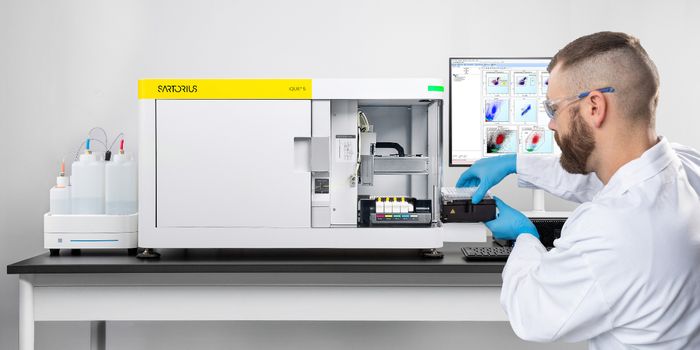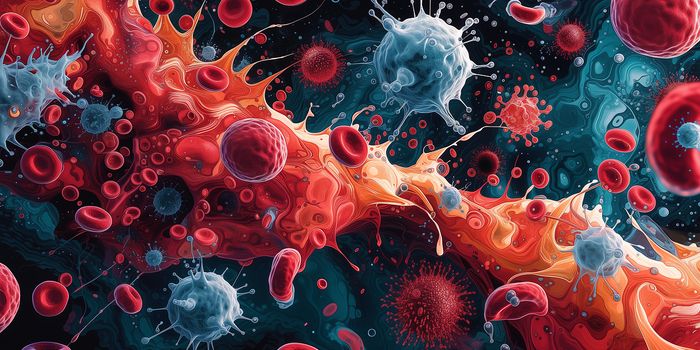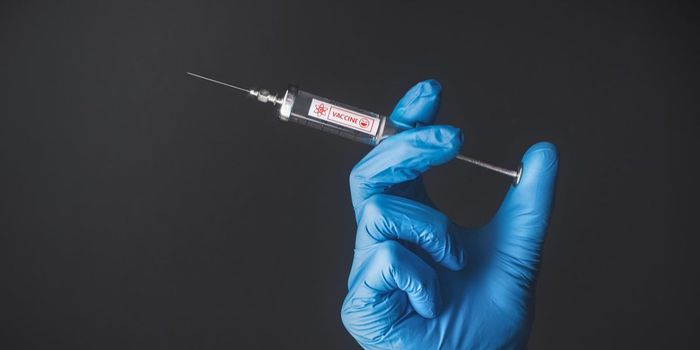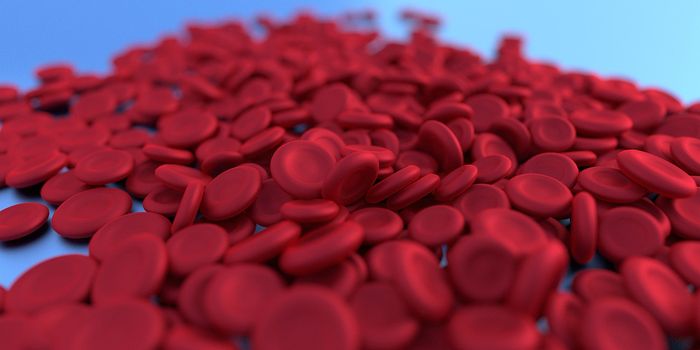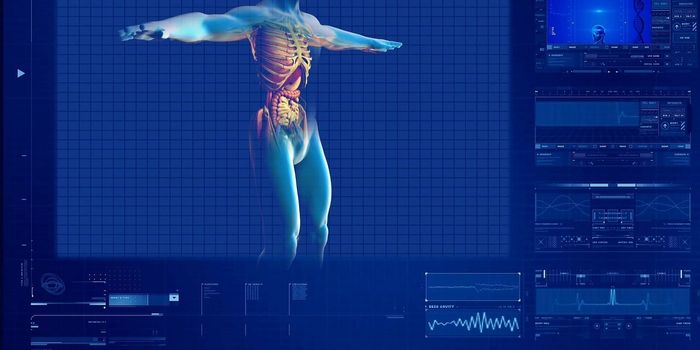A.I. on Par With Doctors in Diagnosing Melanoma
Can a smartphone be smart enough to warn users if their mole is actually deadly skin cancer? Not quite yet, but scientists from Stanford are marching in that direction. Recently, they made a huge step by developing and training an artificial intelligence (AI) software to diagnose melanoma. The AI, researchers say, has nearly the same accuracy as trained doctors.

“We realized it was feasible, not just to do something well, but as well as a human dermatologist,” said Sebastian Thrun, an adjunct professor in the Stanford Artificial Intelligence Laboratory, and the study’s senior author. “That’s when our thinking changed. That’s when we said, ‘Look, this is not just a class project for students, this is an opportunity to do something great for humanity.’”
Stanford scientists then pitted their AI against 21 trained dermatologists. They found that the AI performed as good as the human doctors. The AI achieved “performance on par with all tested experts…, demonstrating an artificial intelligence capable of classifying skin cancer with a level of competence comparable to dermatologists,” the authors wrote in their paper, published in Nature
While doctors and pathologists are still quite vital to confirming the diagnosis, the Stanford team are excited about the prospects of integrating the AI for public use. In particular, they hope to incorporate the technology into smartphones, taking full advantage of the widespread use of these mobile devices.
"The application of AI to healthcare is, we believe, an incredibly exciting area of research that can be leveraged to achieve a great deal of societal good," said Andre Esteva, the study’s lead author. "One particular route that we find exciting is the use of this algorithm on a mobile device, but to achieve this we would have to build an app and test its accuracy directly from a mobile device."
On an even grander scale, Esteva hopes medical AI may soon apply to other diseases other than melanoma. “Everyone will have a supercomputer in their pockets with a number of sensors in it, including a camera. What if we could use it to visually screen for skin cancer? Or other ailments?”
Before that happens, however, the Stanford team’s melanoma AI detector must be rigorously tested in clinics. And even then, it may be unlikely that AI will completely replace human doctors. And this may just be for the better.
Additional sources: Stanford University, BBC

